Cognitive Behavioural Therapy
CBT
what is cognitive behavioural therapy?
Cognitive behavioural therapy (CBT) is a form of psychotherapy that focuses on identifying, challenging and correcting a client’s negative thought patterns. A CBT therapist will work with the client in facilitating the development of new and more beneficial thinking styles and constructive behaviours, leading to the client’s improved emotional well-being. CBT originated from the integration of behaviourism and cognitive therapy, examining the interplay between emotions, thoughts, and actions and drawing upon the foundational principles of both psychological schools.
THE TWO MAJOR INFLUENCES
In the development of Cognitive Behavioural Therapy

Aaron T. Beck
Aaron T Beck (1921-2021) was an American psychiatrist who was a professor at the University of Pennsylvania. He is regarded as the father of cognitive therapy and cognitive behavioral therapy (CBT).

Albert Ellis
Albert Ellis (1913-2007) was a hugely influential psychotherapists who created rational emotive behavior therapy (REBT), which served as a foundation for cognitive-behavioural therapy.
The potential PROS and CONS of Cognitive Behacvioural Therapy
as a stand alone intervention
pros
Empirical Support:
CBT has a substantial body of scientific research supporting its effectiveness for a wide range of mental health conditions, including depression, anxiety disorders, PTSD, OCD, and others.
Focused and Structured:
CBT is typically a short-term, goal-oriented therapy with a structured format. It often involves setting specific treatment goals and working systematically to achieve them.
Skills-Based Approach
CBT teaches practical skills and techniques that individuals can apply in their daily lives to manage symptoms, cope with stressors, and improve overall well-being.
Collaborative and Active:
CBT emphasizes collaboration between the therapist and the client, with an active role for the client in identifying and challenging unhelpful thoughts and behaviors. This collaborative approach can empower clients and promote a sense of agency and control over their mental health.
Versatility
CBT can be adapted to suit the needs of different groups and cultural contexts. It can be delivered in individual therapy, group therapy, or self-help formats, and it can be integrated with other therapeutic approaches.
CONS
Not Effective for Everyone:
While CBT is effective for many individuals, it may not be suitable or helpful for everyone. Some people may prefer or benefit more from other forms of therapy, such as psychodynamic therapy or interpersonal therapy.
Requires Active Participation:
CBT requires active participation and effort from the client, including engaging in homework assignments and practicing new skills between sessions. This level of involvement may not be feasible for everyone, particularly those with severe symptoms or limited motivation.
Reliance on Therapist Skill:
The effectiveness of CBT can vary depending on the skill and experience of the therapist delivering the treatment. Inexperienced or poorly trained therapists may not implement CBT techniques effectively, leading to suboptimal outcomes for clients.
Potential for Overemphasis on Rationality:
CBT’s emphasis on rational thinking and problem-solving may not fully address the emotional or existential aspects of human experience. Some critics argue that it can oversimplify complex psychological phenomena and neglect the importance of emotions and relationships.

What is Cognitive hypnotherapy?
AN INTEGRATIVE APPROACH
Cognitive Hypnotherapy integrates principles from CBT with hypnosis techniques to tackle a range of client issues, while encouraging personal accountability and individual development and self-efficacy in the subject. Hypnosis is effectively the guiding of a client’s imagination to the extent that it becomes their reality and when combined with CBT exercises, change can be profound and lasting. The primary difference between the Cognitive Behavioural Hypnotherapy and Cognitive Hypnotherapy schools of thought comes down to how hypnosis is viewed in terms of it trance/non-state theory

